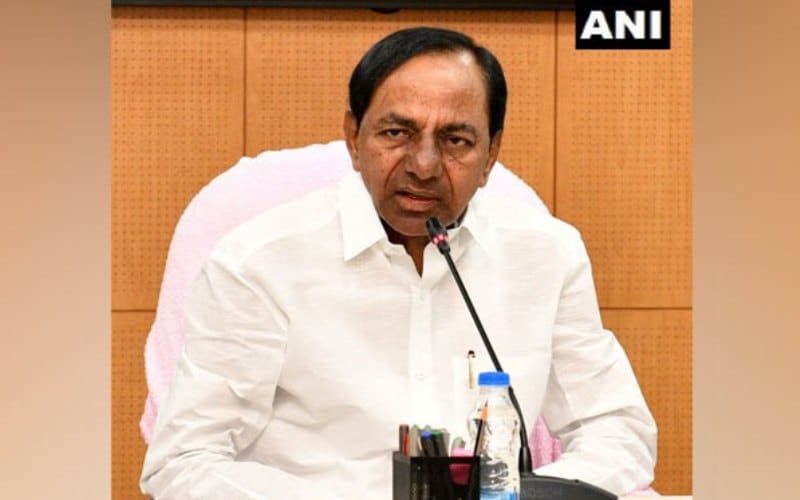Hyderabad: While Andhra Pradesh has passed a bill to reserve 75 per cent jobs in all industries, its sibling Telangana has no such proposal.
Telangana Rashtra Samithi (TRS) government has no plans to make any legislation to make it compulsory for the industry to set aside certain quota for locals though it is encouraging the private players to recruit more locals by offering them incentives.
TRS leaders say the government is not likely to come out with any rule in this regard as this could hurt the industry and affect flow of investments into the state.
Though TRS-led the movement for Telangana state with the slogan of ‘water, resources and jobs’, it did not push for reserving quota in private industry for locals.
This is believed to be mainly because of Hyderabad, which drives the state’s economic growth. This information technology hub with cosmopolitan culture has national and global giants employing people from across the country.
Analysts say any move to reserve certain quota for locals in industries may upset the investors in this city, also known for pharma, life sciences, aerospace and defence industry.
Though TRS always maintained that creating jobs for locals in both public and private sectors is its priority, it did not frame any rules in this regard for the industry. The government is offering some incentives to industries employing local people but it is not insisting that they hire locals across the board.
The industry department expects industries coming up outside Hyderabad to provide at least low-level jobs to locals.
The opposition parties too fought with the TRS government over the issue of filling vacancies in government jobss. They targeted Chief Minister K. Chandrashekhar Rao for failing to keep his word to provide one lakh jobs to educated youth.
The TRS, however, claims that steps were taken to fill the vacancies in various departments.
Telangana has 95 per cent reservation for locals in government jobs.
Following the new zonal system notified last year by the Ministry of Home Affairs, local reservation in all cadres was increased to 95 per cent.
The government created seven zones and two multi-zones to address the imbalance in providing employment opportunities in the government sector to people of backward areas.
The new zonal system was introduced after the government reorganized the districts to increase their number to 31 from 10. Under this system even higher-level posts were reserved for locals.

